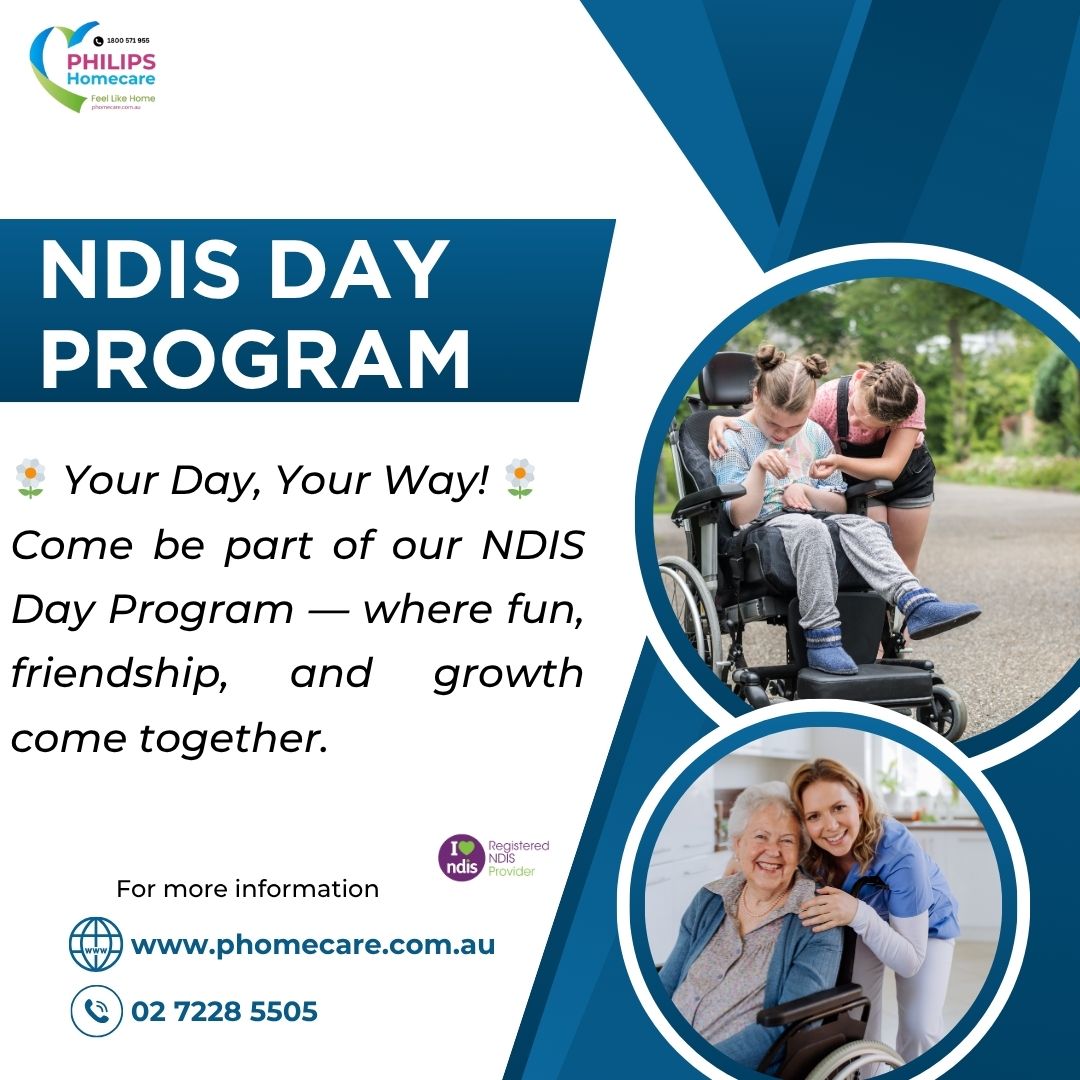How Providers Personalise Day Programs for Individual Goals

Personalisation is at the heart of effective disability support, especially when it comes to NDIS day programs. These programs are designed to empower individuals living with disabilities by supporting their unique goals, interests, and daily living needs. A one-size-fits-all approach doesn’t work in this space. That’s why providers are now more focused than ever on tailoring experiences to align with each participant’s abilities, preferences, and aspirations.
The National Disability Insurance Scheme (NDIS) encourages choice and control, giving participants the opportunity to decide what services they want and how they are delivered. Within this framework, NDIS day programs play a pivotal role by creating structured routines that help participants engage in meaningful activities, improve skills, and build community connections — all while working toward their personal goals.
Understanding Individual Needs
The personalisation process starts with a thorough understanding of the participant. Providers usually begin by reviewing the participant’s NDIS plan, which outlines their goals, funding support, and level of function. This is often followed by collaborative discussions with the participant, their family members, and support coordinators. By identifying specific aspirations — whether it’s improving communication, learning to cook, or joining a local art group — providers can begin to design a program that reflects those interests.
Day programs are flexible in structure, allowing for modifications based on age, ability, and support needs. For example, a younger participant with an interest in social skills development may be engaged in group outings or role-playing games, while an older adult focused on independence may take part in budgeting workshops or transport training.
Activity Selection and Goal Alignment
One of the main advantages of NDIS day programs is the wide range of activities they offer. From cooking and gardening to computer skills and creative arts, each activity is selected not only for enjoyment but for how well it aligns with individual goals. For example, someone with a goal to improve physical health might participate in gentle fitness classes or outdoor walks. Someone who wants to enhance cognitive skills might join memory games or puzzle-solving sessions.
Each activity within a day program is mapped back to the participant’s NDIS goals. This ensures the time spent in the program contributes meaningfully to overall progress. Providers also collect ongoing feedback to adjust the activity selection and keep things dynamic and motivating.
Encouraging Choice and Autonomy
Another critical component of personalised NDIS day programs is promoting participant autonomy. Rather than placing individuals into pre-set schedules, providers often offer a range of options and let participants choose how they want to spend their day. This builds confidence, encourages decision-making, and fosters a greater sense of ownership over personal development.
Choice also extends to group vs. one-on-one sessions. Some participants thrive in group environments where they can build social skills and friendships. Others may prefer more focused attention through individual sessions, especially if they have sensory sensitivities or high-support needs.
Culturally and Linguistically Inclusive Support
Cultural sensitivity is another aspect of personalisation that providers increasingly consider. Many NDIS day programs now incorporate culturally responsive practices, including language support, dietary considerations, and culturally meaningful activities. This helps participants feel seen, respected, and comfortable within their program setting.
Measuring Progress and Adapting Support
Personalisation is not a one-time process. As participants grow and evolve, so too should their day programs. Providers conduct regular reviews to track progress, measure outcomes, and reassess goals. Whether a goal is partially achieved or needs updating, programs are adjusted to ensure continued relevance and engagement.
These evaluations are also an opportunity to celebrate successes, however small, and to identify any new interests or goals the participant wants to pursue. This cycle of reflection and adaptation keeps NDIS day programs responsive and truly person-centred.
Conclusion
Personalising NDIS day programs is about more than just activity planning. It’s about seeing each participant as an individual with their own story, strengths, and aspirations. Through thoughtful planning, active listening, and ongoing flexibility, providers can deliver programs that not only support NDIS goals but also enrich lives in meaningful ways.







